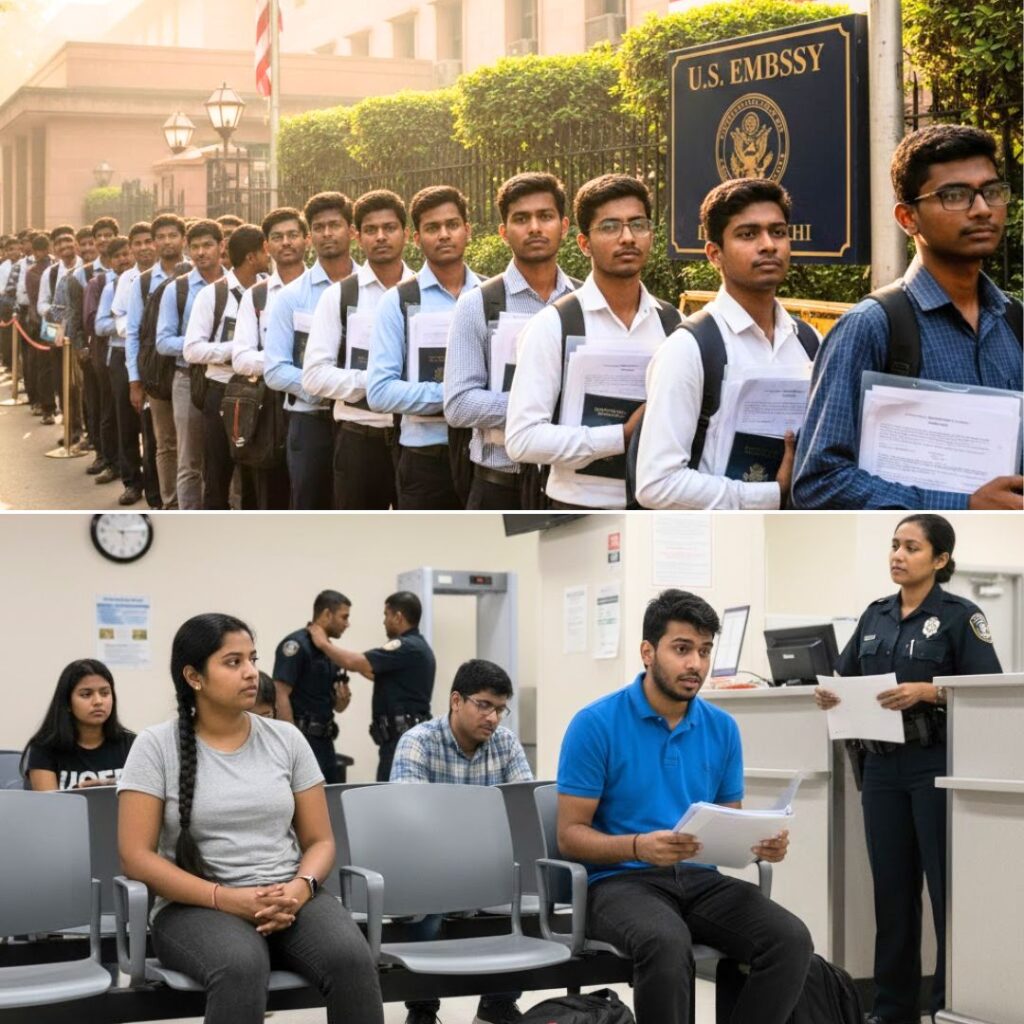A recent report by the Asian Development Bank (ADB) has shed light on the concerning lack of financial literacy among Indians, revealing that this issue has left many facing significant financial challenges. This underscores the crucial need to impart the importance of early savings to the next generation, helping them build a secure future. The report, published in March 2022, highlights that only 27% of Indian adults and 24% of women meet the minimum level of financial literacy as defined by the Reserve Bank of India.
Learning Financial Skills In Your 20s
In our 20s, we often hold ambitious dreams for the future. Studies indicate that 77% of today’s youth in this age group aspire to become homeowners, while 59% dream of owning cars, and 55% long to travel abroad. However, these dreams can only be turned into reality through effective financial planning.
Financial planning is the essential skill needed to bridge the gap between dreams and reality. It allows individuals to buy a home, purchase a car, or plan a vacation without experiencing financial strain. Unfortunately, a harsh reality persists – 69% of Indian households lack financial security, underscoring the pressing need for better financial literacy and planning education. By acquiring these skills early on, individuals can pave the way for a secure and prosperous future.
Capitalizing On Financial Freedom Of Your 20s
The 20s are a phase of life when individuals often have fewer financial responsibilities compared to later stages. With fewer dependents and commitments, this is a time when more disposable income is available, making it easier to save and invest for the future. Such early investments can lead to greater wealth accumulation in the long run. However, it is important to note that many individuals tend to indulge in spending their newfound earnings, with only a fraction considering the importance of saving at the start of their careers.
Steps for a Financially Secure Future
1. Rationalize Your Spending: The digital age has brought about a “fear of missing out” (FOMO) and the “you only live once” (YOLO) mindset, which can lead to impulsive buying behavior, particularly among the youth. Online shopping, with its easy accessibility and enticing offers, has driven impulsive purchases, but this can accumulate unnecessary debt and jeopardize financial stability.
2. Create a Budget: Budgeting is a critical element of financial planning. A well-thought-out plan helps manage money wisely by keeping track of income, expenses, and savings. Your budget acts as a roadmap, guiding your spending choices and ensuring you stay on track to achieve your financial goals.
3. Build a Strong Credit Score: A strong credit score opens doors to various financial products and benefits. It enhances eligibility for credit cards with higher limits and increases the likelihood of quick loan approvals with lower interest rates, thus giving you greater financial flexibility.
4. Maximize Credit Card Rewards: When used responsibly, credit cards offer opportunities to earn points, miles, or cashback on purchases. Embracing these benefits can lead to a more rewarding financial experience when handled with care and consideration.
In conclusion, it is imperative for individuals to strike a balance between work, savings, and leisure for a rewarding financial future. Taking the time to unwind and prioritizing savings in one’s early 20s can lay a strong foundation for financial success. Foster strong fiscal habits, venture into investments, and set precise goals to secure a prosperous financial future.
Also Read: Black Coffee’s Wellness Benefits: What You Should Know
https://thelogicalindian.com/h-upload/2023/10/12/500x300_233849-fireflyanadultholdingmoneyinhishands71036.webp
Trending
2023-10-12 12:44:27.0
Starting Early: Financial Planning For Young Adults In Their 20s











